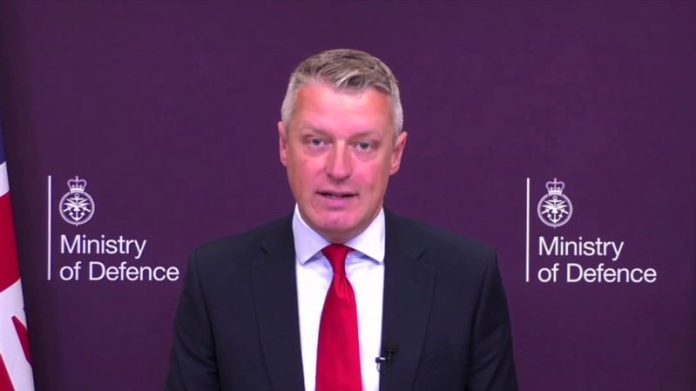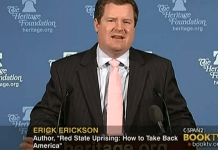Luke Pollard, the newly appointed armed forces minister, appeared on BBC Breakfast where he faced repeated questioning about Labour’s commitment to reaching the target of spending 2.5% of GDP on defence by 2029, as outlined by party leader Keir Starmer.
Pollard avoided directly confirming whether Labour would achieve this goal, instead echoing Starmer’s earlier statements and highlighting that a comprehensive defence review would be initiated in the coming week as a “first step”.
Regarding the financial feasibility of the 2.5% GDP target, Pollard emphasized that any increase in defence spending must adhere to the government’s fiscal rules, cautioning against pretending that funds are available when they are not. He underscored the necessity of economic growth to fund additional defence expenditures while simultaneously addressing other pressing issues within the public sector.
Furthermore, Pollard emphasized the importance of leveraging UK industry in defence spending, indicating a desire to enhance domestic capabilities and support local businesses. Acknowledging shortcomings in armed forces accommodation, he admitted that improvements are needed in this area.
Pollard’s appearance on BBC Breakfast came amid scrutiny over Labour’s defence spending ambitions and the practical steps they intend to take to achieve them. The discussion underscored the party’s commitment to conducting a thorough defence review and ensuring that any financial commitments align with broader fiscal responsibilities.
Labour would meet the 2.5% GDP target for defence spending by 2029, Pollard refrained from providing a definitive answer. Instead, he reiterated Starmer’s position and emphasized the upcoming defence review as the initial phase in shaping Labour’s defence strategy.
Financial aspect, Pollard emphasized the necessity of staying within the government’s fiscal rules. He emphasized transparency and realism in budgetary planning, cautioning against overstating available funds and stressing the imperative of economic growth to sustain increased defence expenditures. This stance reflects Labour’s approach of balancing ambitious spending goals with fiscal prudence.
Pollard also highlighted the strategic importance of enhancing defence spending to benefit UK industry. By prioritizing domestic capabilities and fostering partnerships with local businesses, Labour aims to bolster national security while stimulating economic growth. This dual focus underscores their commitment to leveraging defence investments for broader economic and industrial benefits.
During the interview, Pollard candidly acknowledged deficiencies in armed forces accommodation, conceding that current standards are inadequate. This admission underscores Labour’s recognition of the need for substantial improvements within the armed forces infrastructure, aligning with broader commitments to enhance working conditions and support for military personnel.Pollard’s interview on BBC Breakfast provided insights into Labour’s evolving defence policy under Starmer’s leadership. While refraining from definitive commitments on specific spending targets, Pollard emphasized a pragmatic approach focused on conducting a thorough defence review and ensuring fiscal responsibility. Labour’s strategy aims to align defence priorities with economic growth and domestic industrial development, while also addressing critical infrastructure needs within the armed forces.























